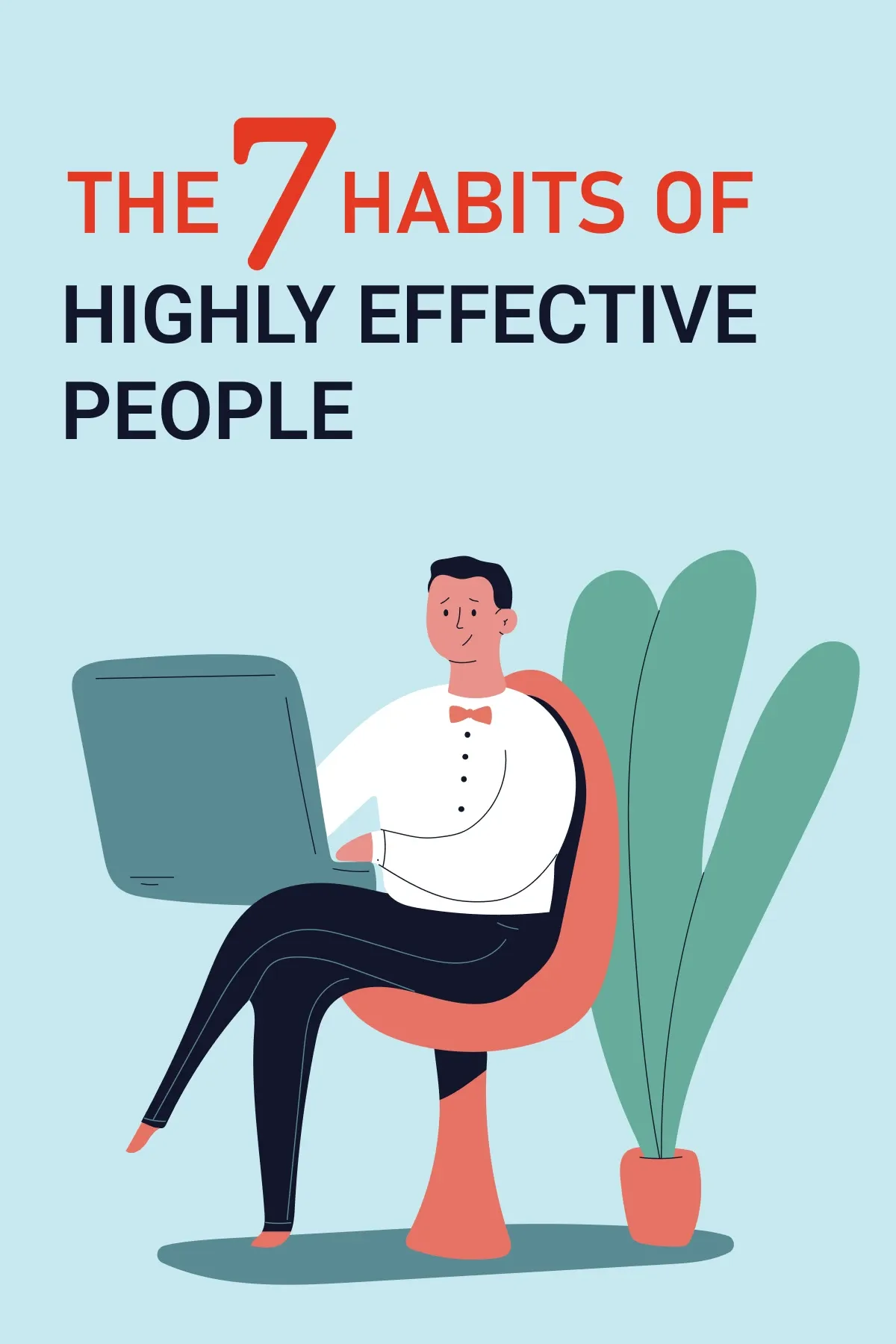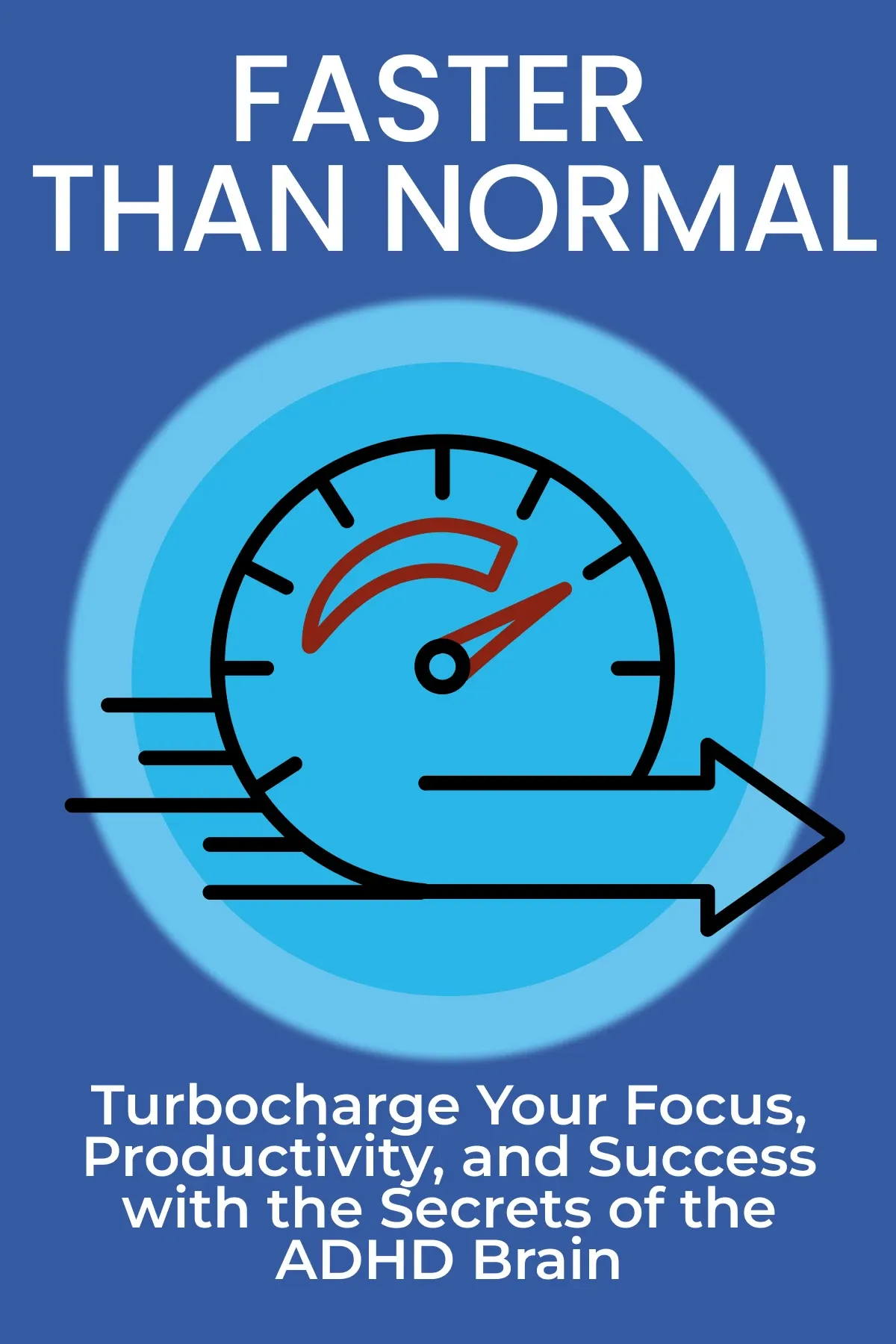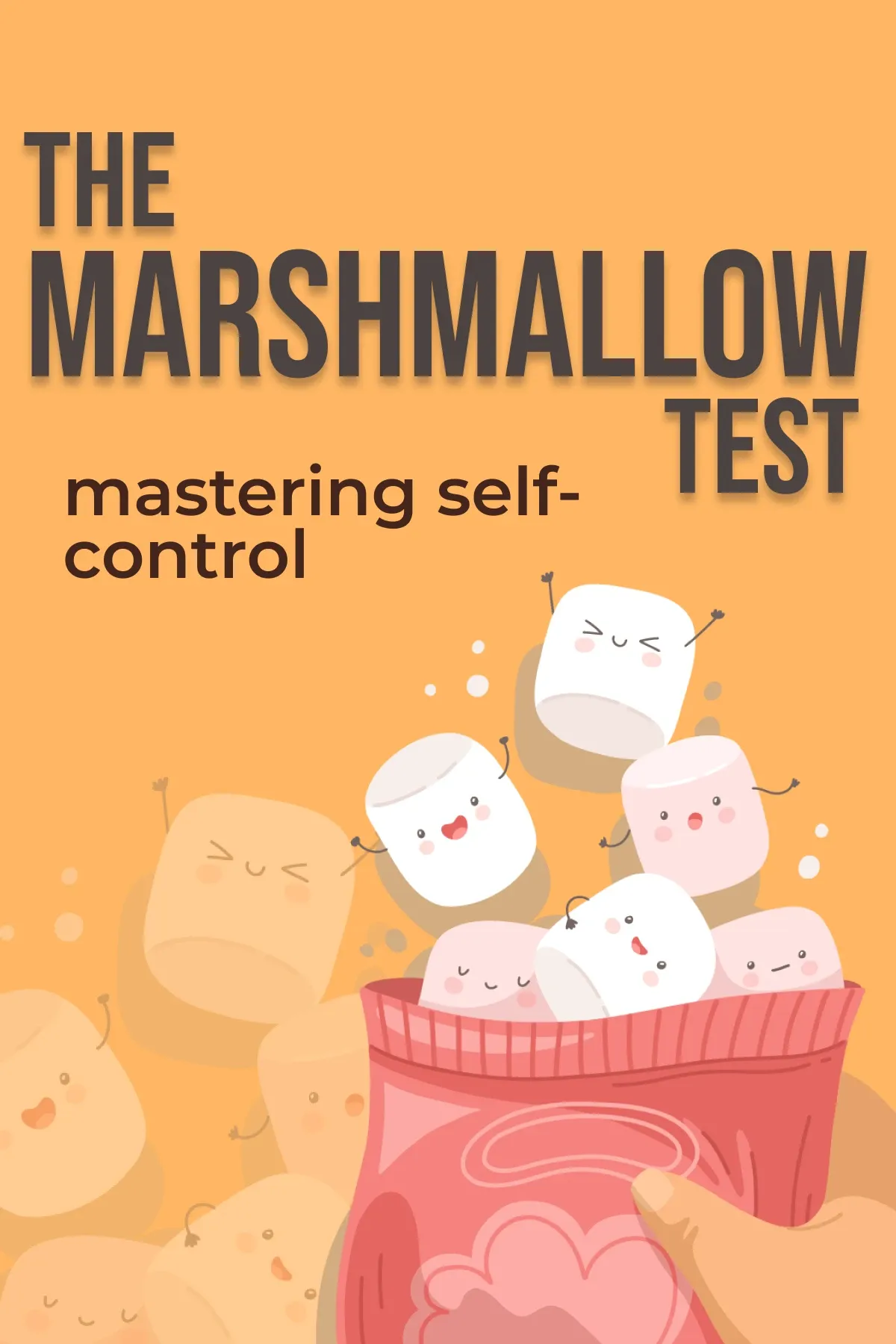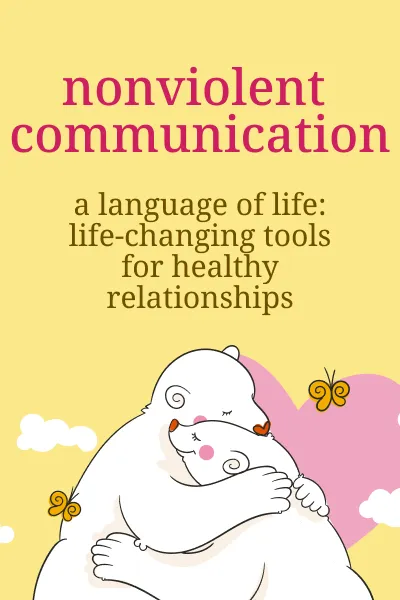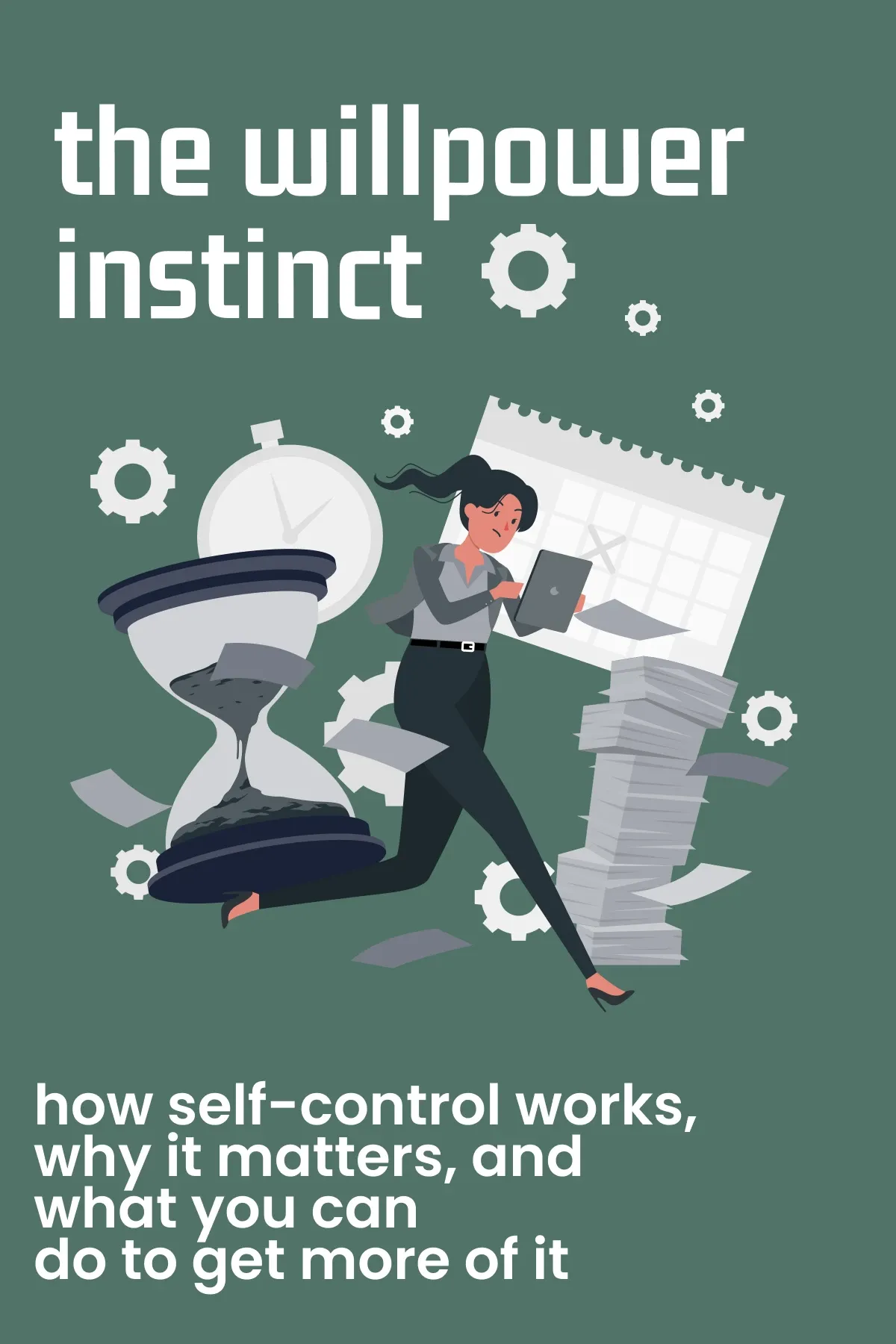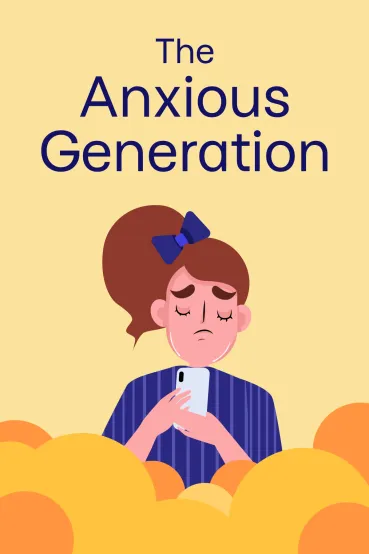
The Anxious Generation
Brief Summary
A renowned social psychologist, Jonathan Haidt, explains the alarming rise in mental health problems among young people. He argues that well-intentioned but misguided parenting practices and smartphones have inadvertently created a generation of overly anxious individuals. You will learn how factors such as “safetyism” parenting, excessive screen time, and online culture have contributed to a decline in resilience, empathy, and the ability to cope with challenges.
Key points
Key idea 1 of 7
An increasing number of children and adolescents are struggling with mental health issues. This surge has impacted countless lives, making it one of the most troubling trends of the 21st century. The underlying reason for this is the widespread use of the Internet and smartphones.
Emily, a 14-year-old, struggles with social media addiction, which has disrupted her mental well-being and relationships with her family. Despite her parents' attempts to control her usage, she experiences intense anxiety when deprived of her phone. She feels disconnected from her peers. Meanwhile, James, who has mild autism, was introduced to video games during the COVID lockdown. Initially, gaming was enjoyable, an exciting pastime, but soon it became an addiction. It began altering his mood and led to anger and isolation. Cases like Emily's and James's are more common than you might think.
Anxiety has become even more widespread among youth, especially since the rise of smartphones around 2012. Teens are turning to their screens for validation, often at the expense of real-life interactions. Mental health data has shown that from 2010 to 2015, cases of severe depression and anxiety skyrocketed, particularly in girls. Emergency rooms have reported higher visits for self-harm (for boys, numbers increased by over 134%!), and the rate of suicide among young people has seen a tragic rise.
The effects of the digital age are evident in Generation Z, those born after 1995. Unlike previous generations, they have grown up with constant internet and social media access. The smartphone allowed Gen Z to stay online all the time, wherever they were. The phone was no longer just a tool for communication. It became a source of constant social media notifications, comparisons, and pressures.
Studies suggest that Gen Z’s dependency on screens has reshaped their childhood. It was more about cartoons or online games than face-to-face interactions with their peers. Later in life, these already grown-ups feel empty and disconnected, unable to cope with real-world challenges. The result is an anxious generation, deeply affected by the virtual world’s influence on their self-worth and mental health.
FAQ
You may also like these summaries





